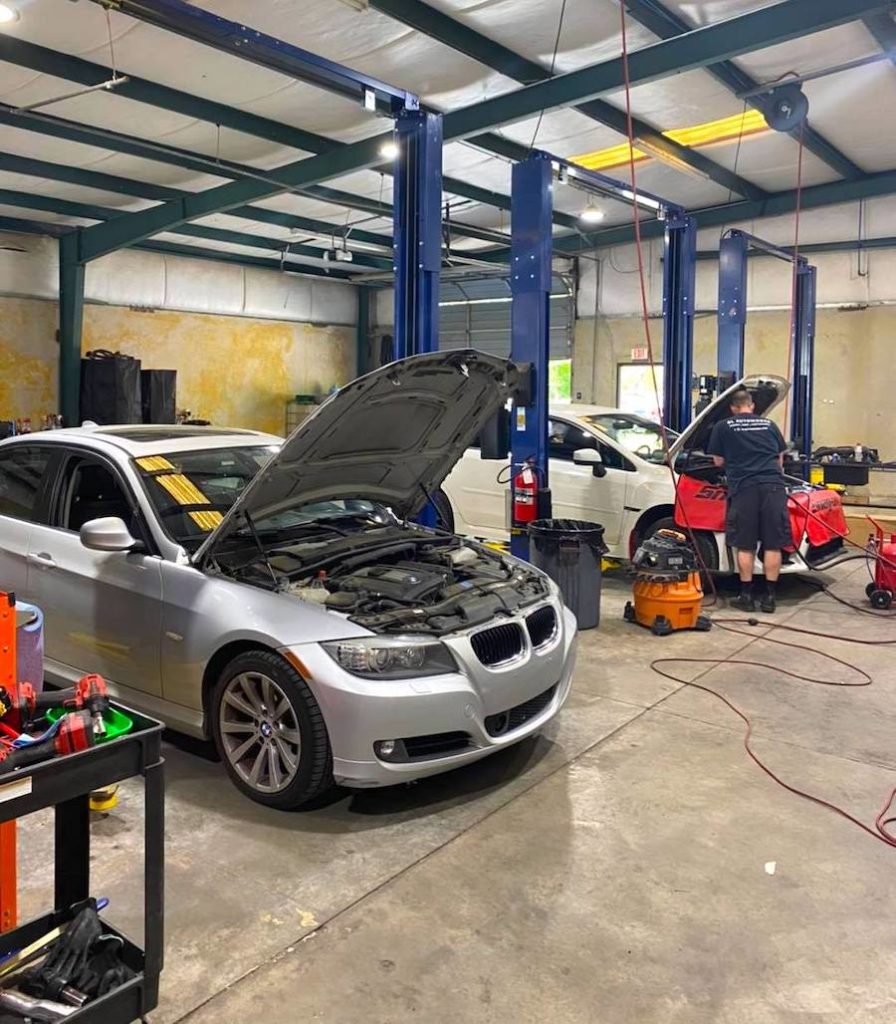BMW is known for producing high-performance vehicles that combine luxury, precision, and engineering excellence. However, like all cars, BMWs require regular maintenance and repairs to continue performing at their best. Ensuring that your BMW remains in top condition demands a combination of routine care, timely repairs, and the use of high-quality parts. Here’s a closer look at the importance of repair and maintenance for your BMW.

Routine Maintenance for Optimal Performance
One of the most critical aspects of bmw repair maintenance is regular servicing. Each model comes with specific maintenance schedules that help keep the engine, transmission, suspension, and other key components functioning properly. Typically, routine maintenance includes tasks like oil changes, air filter replacements, brake checks, and tire rotations. These procedures are essential for preventing minor issues from escalating into more serious and expensive problems.
BMWs are equipped with sophisticated onboard diagnostic systems, which often alert drivers to upcoming maintenance needs. These systems can notify you when it’s time for scheduled service, such as when the oil needs changing or when brake pads have worn down. Staying on top of these alerts and scheduling regular check-ups with a qualified technician helps prolong the life of your BMW and ensures its continued performance.
Addressing Common BMW Repairs
Even with routine maintenance, BMWs are not immune to mechanical issues over time. Common repairs may include engine-related concerns, such as faulty ignition coils, worn-out fuel injectors, or oil leaks. Transmission repairs can also become necessary, particularly as the vehicle ages. Transmission fluid leaks, worn-out seals, and electrical problems are often common culprits. Fortunately, these issues can be caught early with regular service and a keen eye for warning signs such as unusual noises or erratic shifting.
Another area of concern for many BMW owners is the cooling system. Over time, parts like the radiator, water pump, and hoses can wear out. Leaking coolant or rising engine temperatures could indicate a cooling system problem that needs immediate attention. If ignored, it can lead to costly engine damage. Likewise, the electrical system, which powers everything from the lighting to advanced navigation and infotainment systems, can sometimes experience glitches that require professional repair.
Choosing a Certified BMW Mechanic
When it comes to BMW repairs and maintenance, it is essential to find a certified and experienced mechanic who is familiar with the intricate workings of these vehicles. BMWs require specialized tools and knowledge that many general auto repair shops may not possess. Certified BMW service centers or independent specialists who are skilled in BMW models can provide the best care. These professionals have the expertise to diagnose issues accurately, perform repairs correctly, and use genuine BMW parts to ensure your car’s optimal performance.
The Importance of Using Genuine Parts
BMW vehicles are engineered with precision, and using aftermarket or low-quality parts can compromise the performance and longevity of the car. Genuine BMW parts, while sometimes more expensive, are designed to fit and function perfectly with the vehicle. When maintaining or repairing a BMW, opting for OEM (Original Equipment Manufacturer) parts ensures that the car remains in peak condition.
Conclusion
Regular maintenance and timely repairs are crucial for keeping your BMW running smoothly for years to come. By following a proper maintenance schedule, addressing any potential issues early, and entrusting your vehicle to a certified BMW technician, you can ensure that your ultimate driving machine remains as reliable and powerful as the day you first drove it off the lot. While BMWs are built to last, taking good care of your vehicle will help preserve its performance and luxury for many years.